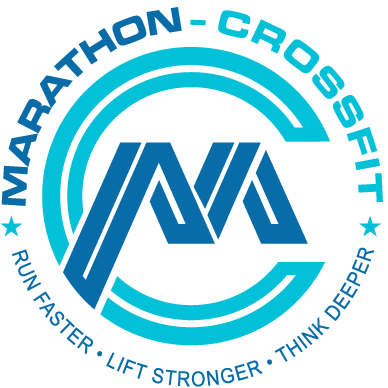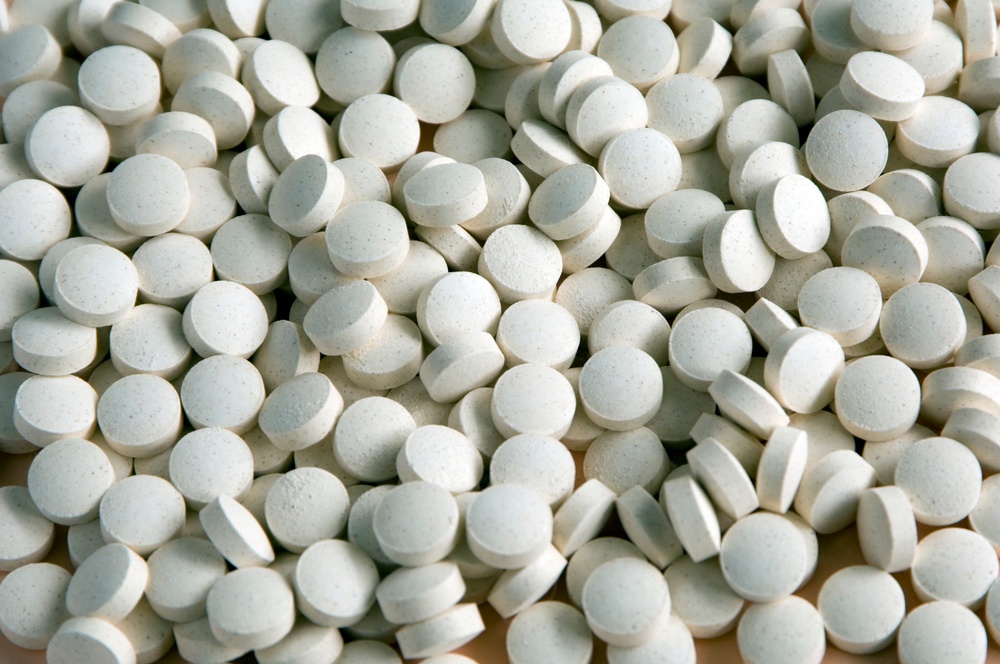How to Tell if You’re Addicted to Supplements
A dietary supplement is any product taken to add additional nutritional value to your diet. Dietary supplements can be found in a broad variety of forms, including capsules, tablets, liquids, powders and softgels. Typically, these products are comprised of a combination of vitamins, herbs, minerals, amino acids, concentrates or metabolites.
In recent years, supplement use in the United States and around the world has increased significantly. When taken as directed at the recommendation of a trusted physician or health care professional, supplements can be a convenient way to boost health, counteract natural deficiencies and improve athletic performance. However, when consumed in excess, these seemingly harmless medications can have detrimental effects on the body and mind.
While most supplements don’t produce a high in the sense that many other addictive substances do, it’s important to keep in mind that people can still become psychologically dependent on them over time. In extreme cases, psychological dependence can be just as difficult to break as physical addiction.
Do you suspect that you or someone you know might be addicted to supplements? The following are some of the most common signs of a supplement addiction.
You Feel Like You Need Them to be Healthy
Some people do genuinely need to take supplements to preserve their health. These medications can be a convenient way to counteract certain vitamin and nutritional deficiencies that might otherwise be difficult to correct through diet alone. However, unless a licensed and trustworthy medical professional has used clinically validated tests, found that you have a deficiency, and recommended specific supplements to counteract it, you don’t need supplements to be healthy.
While many health companies push the idea that supplements can significantly improve physical and mental well-being, there is a growing body of research that shows that taking these medications in the absence of a true deficiency provides few, if any, health benefits. An overview of recent studies, conducted by John Hopkins researchers, revealed that taking vitamins does not reduce an individual’s risk of cancer, heart disease or mental decline.
Other people use supplements to help boost physical performance and build muscle. While certain supplements can be used to improve gym performance to a certain degree, it’s important to keep in mind that you never need a supplement to reach your goals. In most cases, athletic success boils down to two primary factors: training consistently and maintaining a proper diet. While supplements can help improve performance, they should never become an essential part of your fitness regiment.
You Substitute Supplements for Other Healthy Behaviors
As the name suggests, supplements should always be used supplementally, meaning they should support other healthy lifestyle choices, rather than take the place of them. In fact, researchers suspect that many of the supposed health benefits of supplements actually come from the host of other health conscious habits that supplement users tend to prioritize.
Supplements are never adequate substitutes for well-rounded dietary choices, routine physical exercises and stress management techniques. If you find yourself relying on supplements to fill these roles, you may be psychologically dependent on them.
You Take More Supplements Than You Originally Intended To
When most people first start using supplements, they typically only take one or two a day to correct nutritional deficiencies or boost workouts. However, when normal supplement use turns into addiction and dependence, this number can quickly skyrocket to 10, 20 or even 50 pills per day.
At the least, this can set you back financially. While a year’s supply of a daily vitamin costs about $30 on average, prices for more specialized supplements tend to be higher — so much higher that supplements are a large part of what keeps many small grocery stores in business. At worst, excessive supplement consumption can be dangerous for your health.
You Continue to Use Them, Even When They Produce Adverse Side Effects
Contrary to popular belief, supplements aren’t harmless. Consuming large amounts of certain vitamins and minerals can actually have adverse side effects on the body. For example, high doses of vitamin C or zinc are known to cause nausea, diarrhea and stomach cramps. Too much selenium can trigger hair loss, fatigue, gastrointestinal upset and even mild nerve damage. An excess of vitamin D, calcium or folic acid can cause serious cardiovascular issues.
Many of the most common supplements used to enhance athletic performance can have similarly dangerous effects when taken in large doses or over an extended period. Over time, protein supplements can cause kidney damage, and fat burners may produce heart problems. High doses of creatine cause nausea, muscle cramping, and even damage to the liver, kidneys and heart.
One of the tell-tale signs of addiction is continuing to use a substance, even when the effects of using that substance are detrimental to physical and mental health. If you continue to take supplements, even after experiencing many of the above effects, you may be psychologically dependent on them.
As an athlete, the pressure to outperform your peers can be hard to bear. However, that doesn’t mean that you have to take unhealthy measures or rely on substances to give you a competitive edge. If you or someone you know struggles with a dependence on substances or performance enhancing drugs, there are treatment centers that can help you overcome your addiction and live a better life, like The Recovery Village Ridgefield. Reach out to a representative today for more information.


